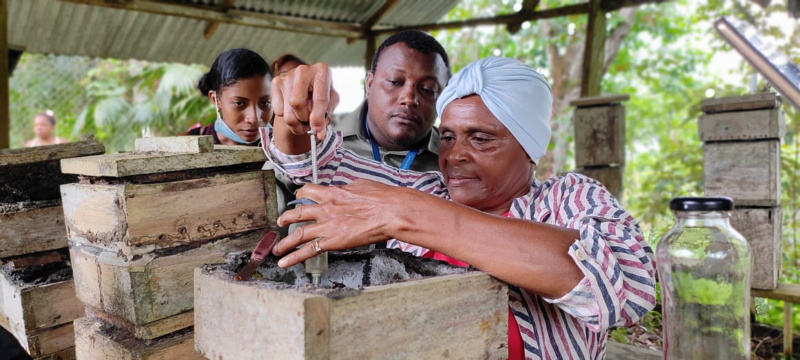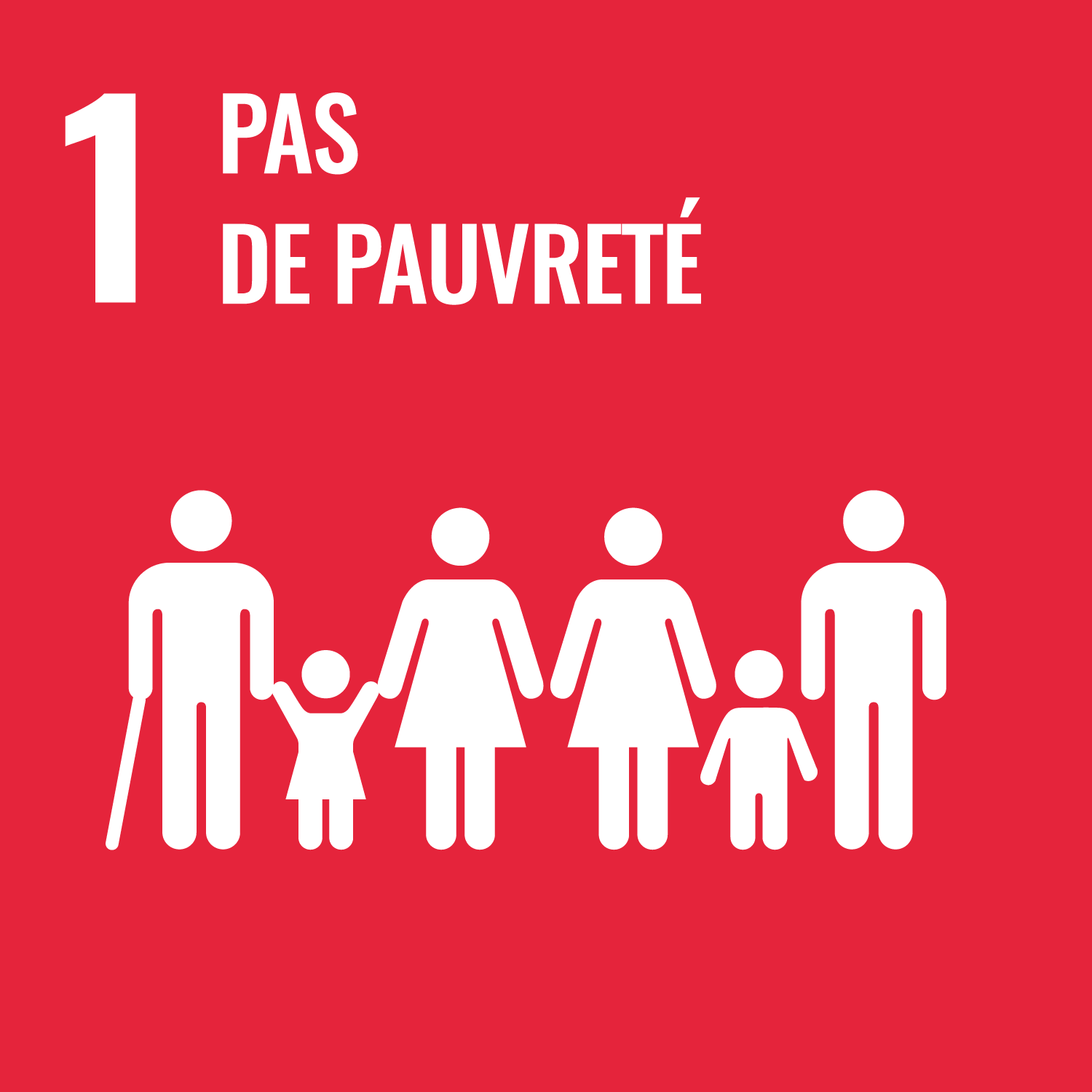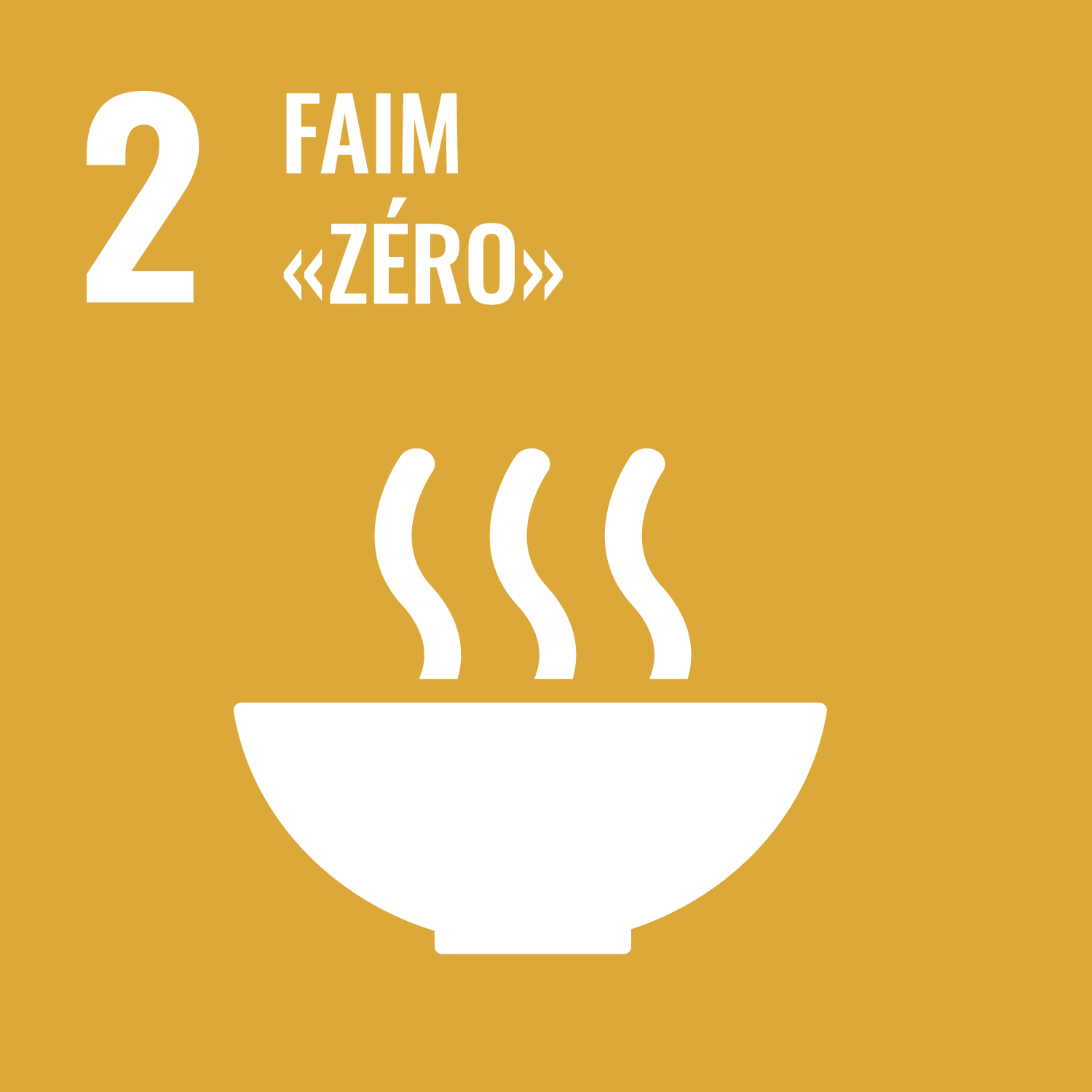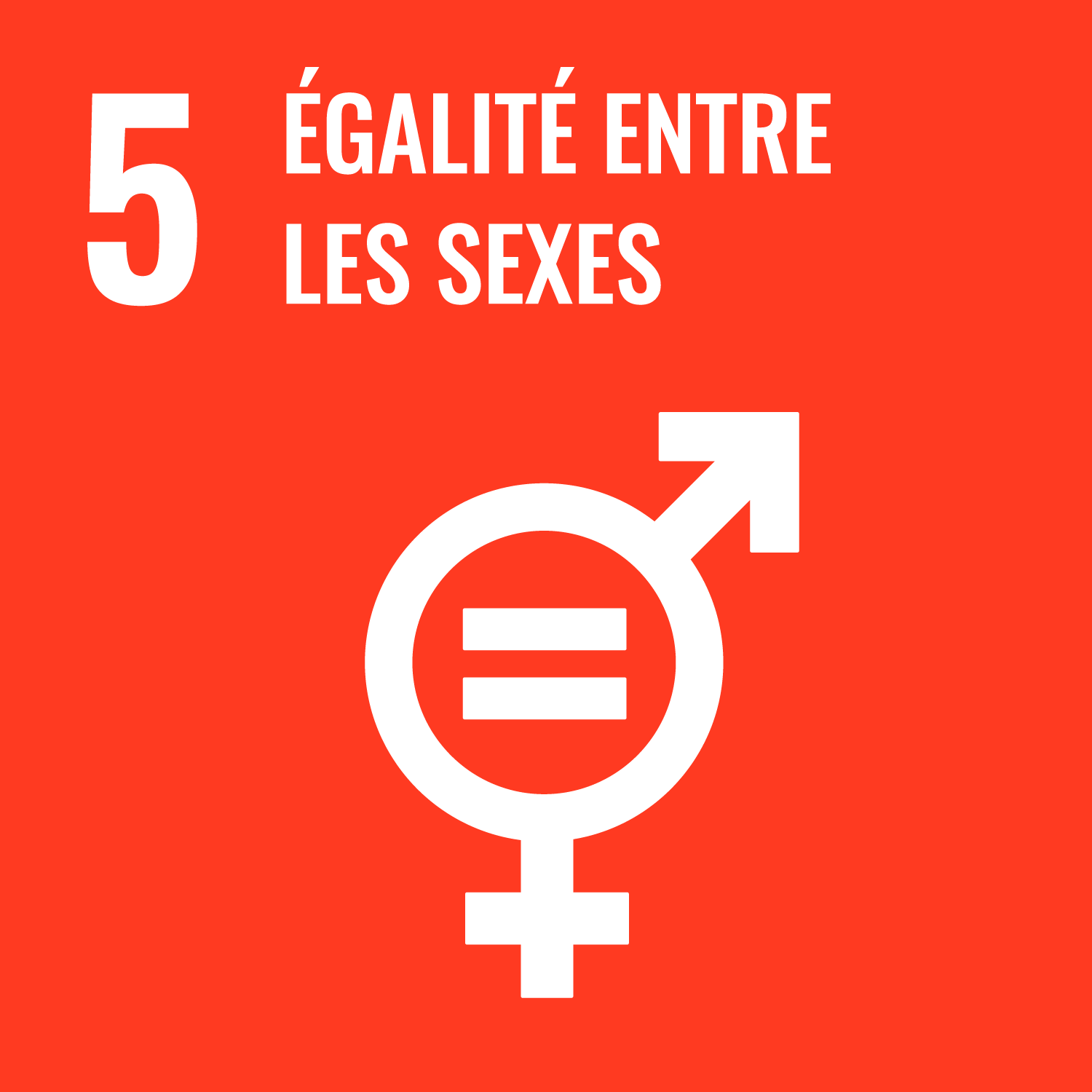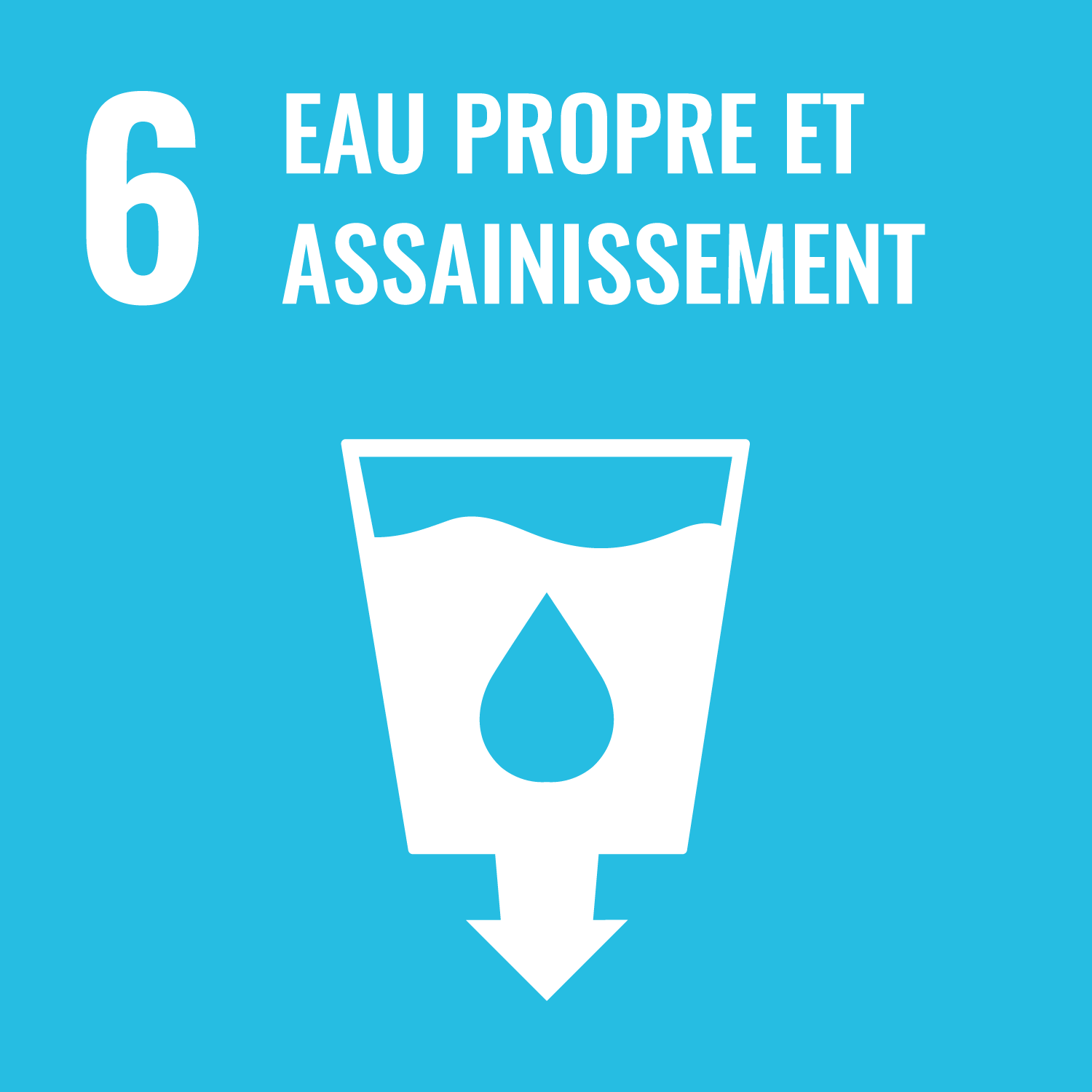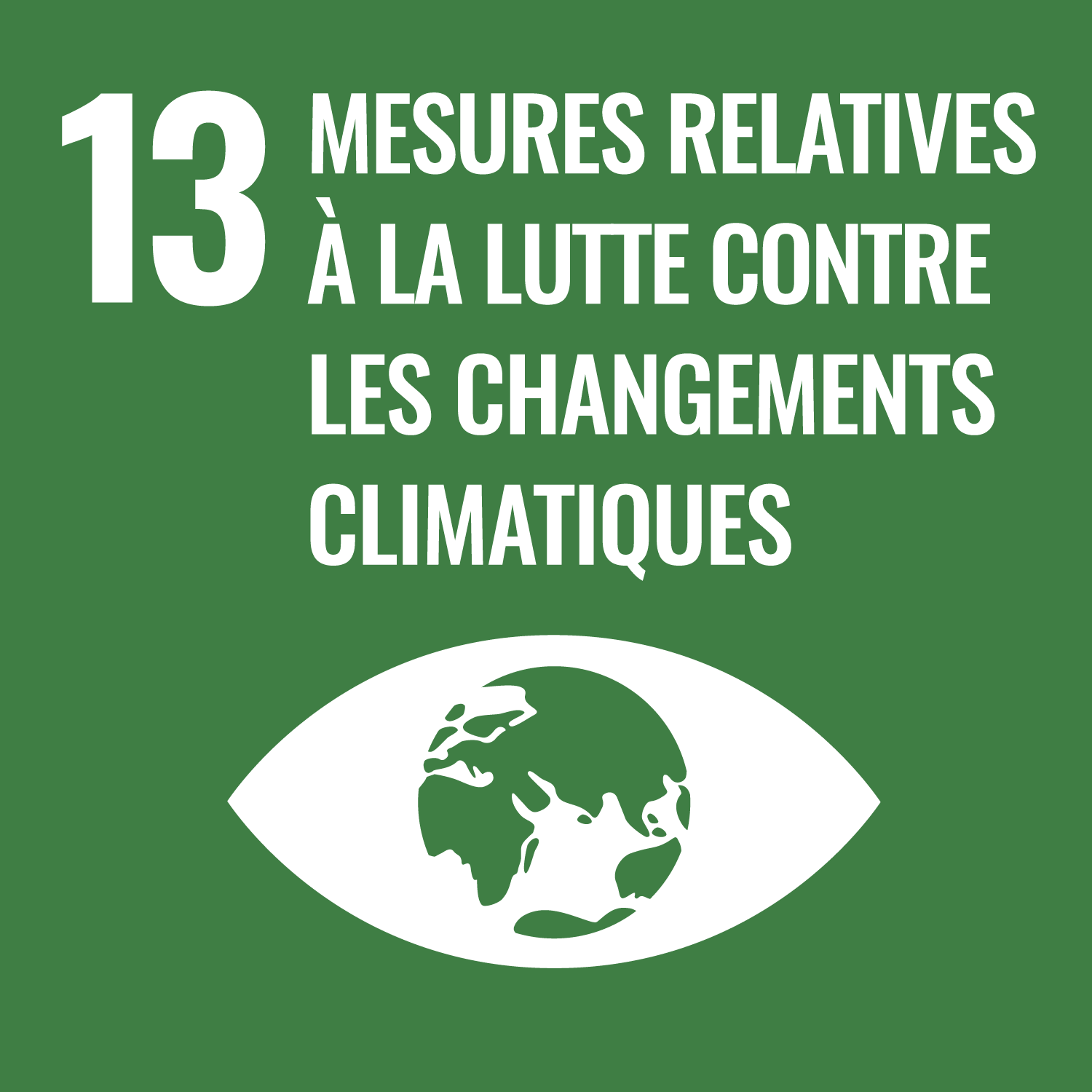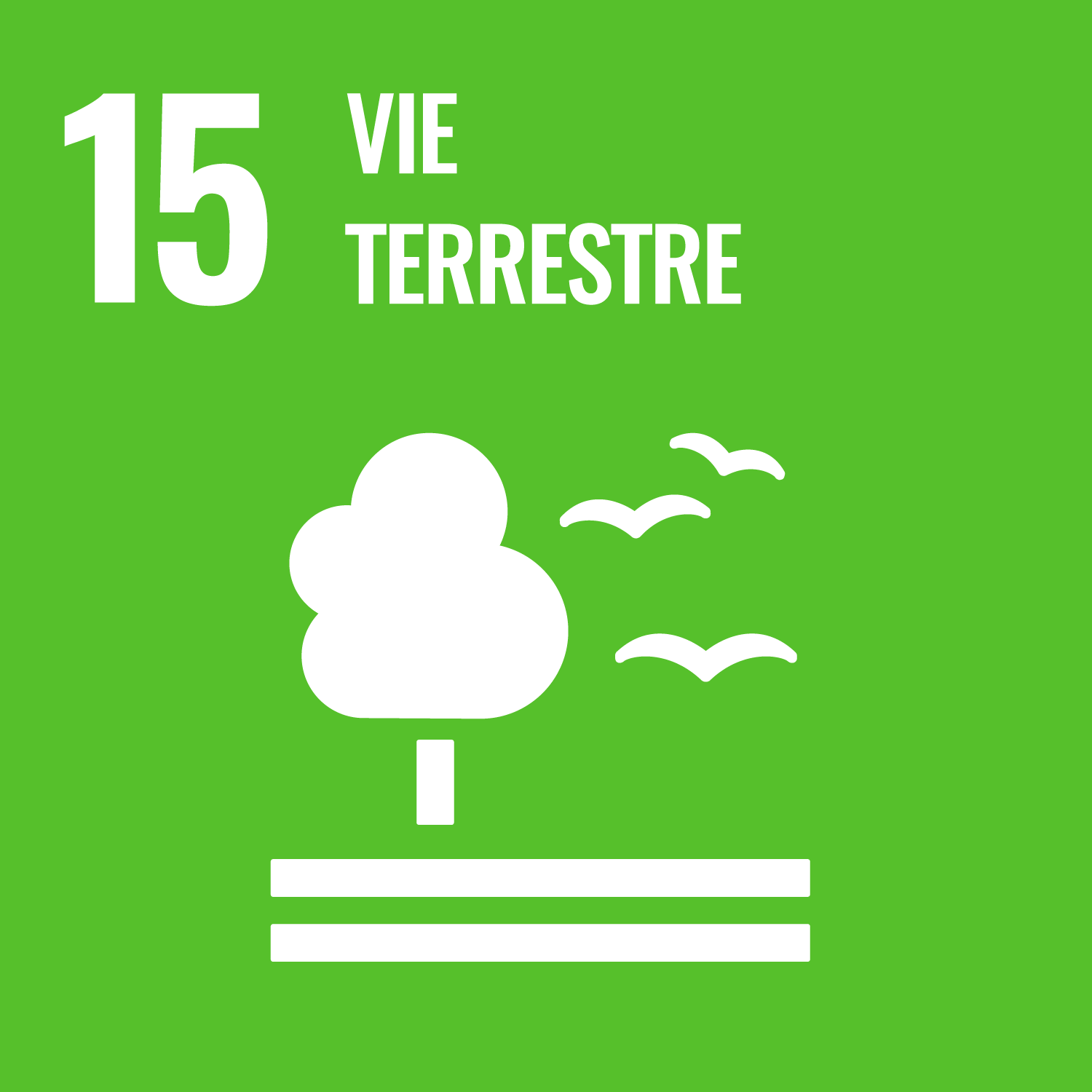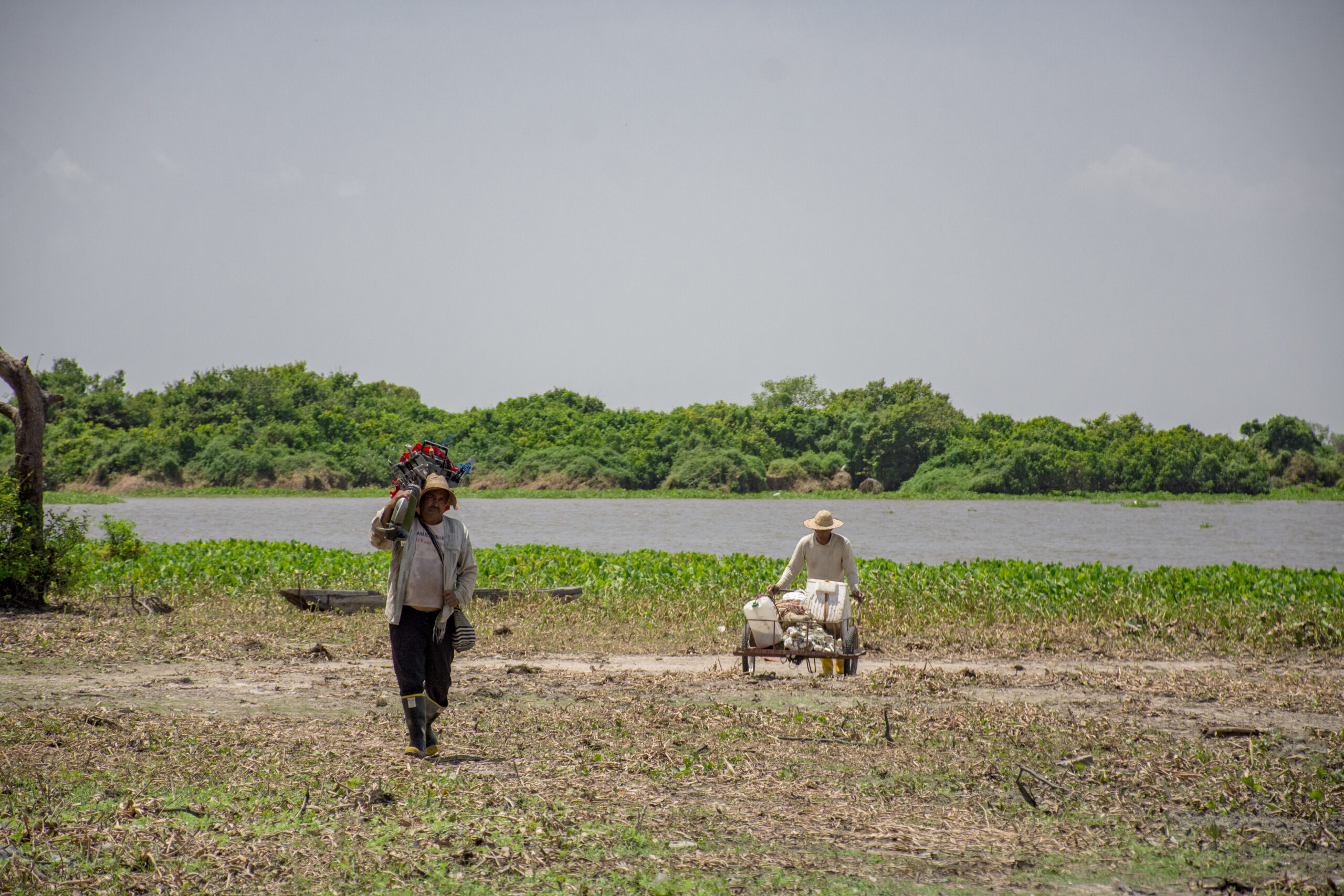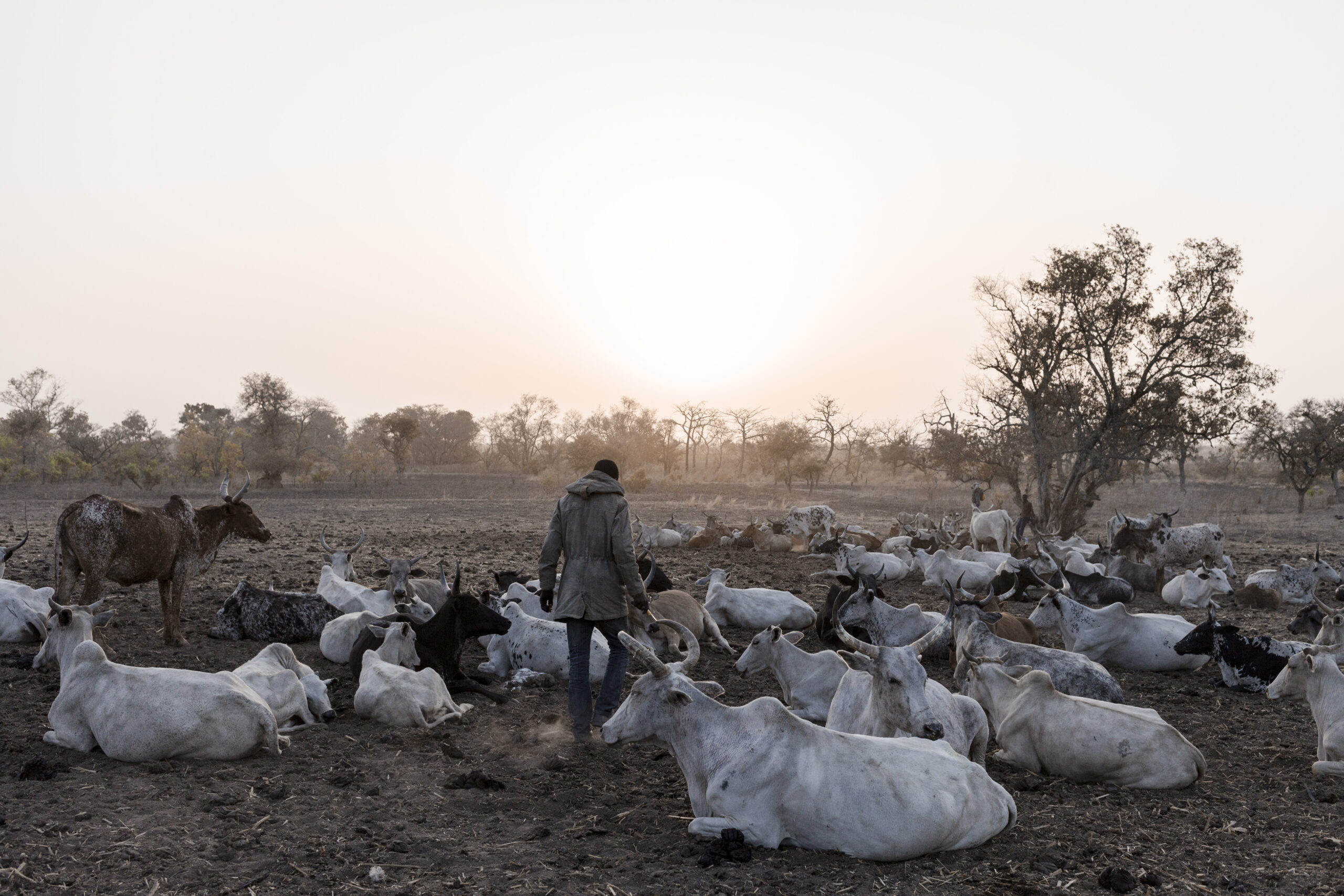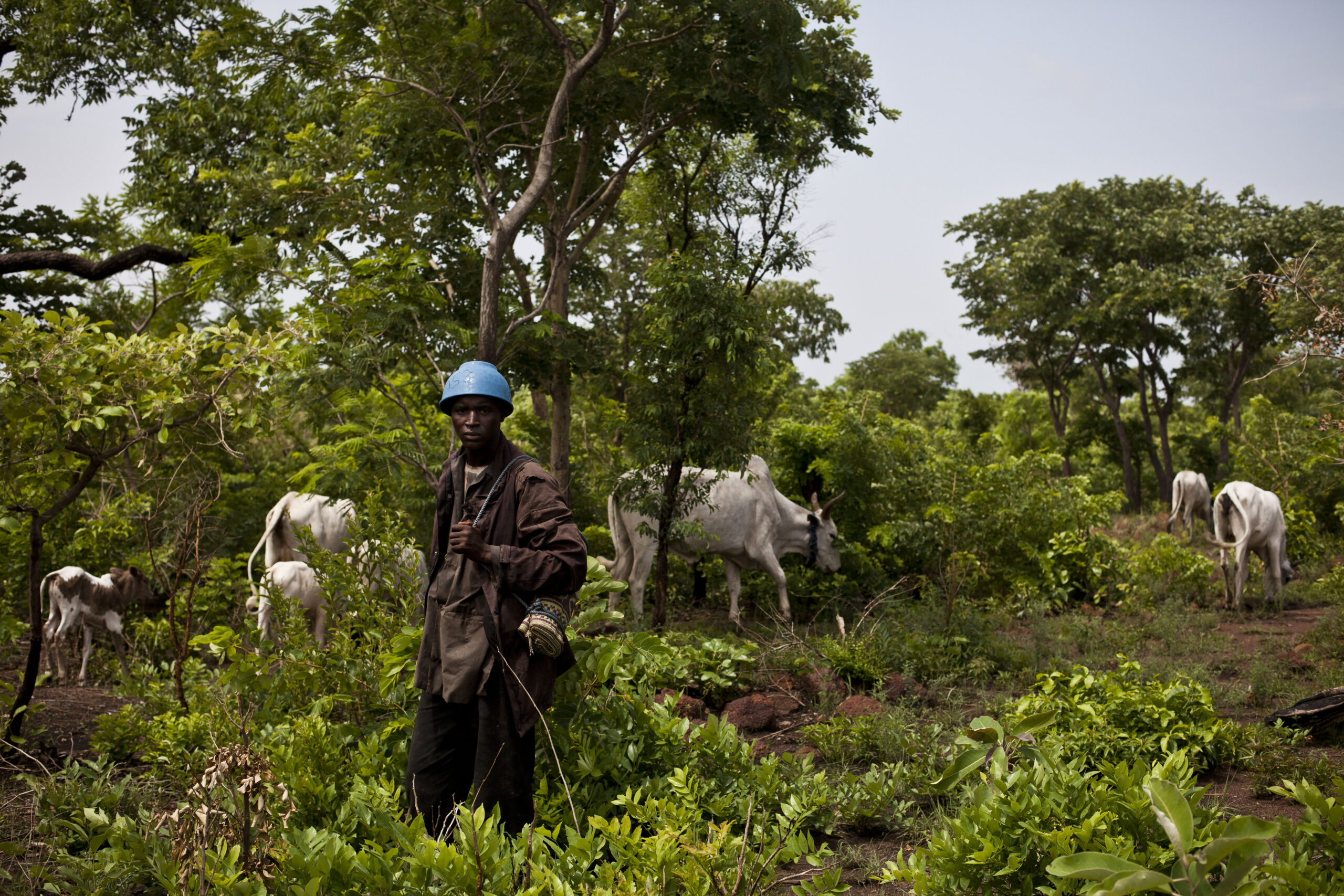| BIDA project: Biodiversity, Inclusion, Sustainable Development and Water in Ecuador’s Chocó region |
Encourage improved resource management, ensuring the protection and conservation of ecosystems, and therefore food security and access to water
Context
The Ecuadorian Chocó is a vast region in the north of Ecuador, on the border with Colombia. It is an area of global importance due to its high biodiversity and endemism, as well as the presence of multiple watersheds. Its biodiversity is seriously threatened by indiscriminate deforestation, illegal logging, road building, the establishment of industrial monocultures of oil palm and other commercial species, weak institutional governance and limited local participation in sustainable resource management. The population includes several indigenous nationalities, Afro-descendant and mestizo communities. Many of these communities live in poverty and depend on natural ecosystems for their livelihoods.
The action
The BIDA project is being implemented in 5 micro-basins and 2 bi-national basins in the northern part of Ecuador, located in four provinces (Esmeraldas, Carchi, Imbabura and Sucumbíos). It aims to build shared and concerted governance of natural resources by strengthening the various local stakeholders involved, within a national and international legal framework, to guarantee protection, conservation, sustainable management and accessibility for local populations.
The BIDA project aims to
- Promote the protection and conservation of water sources, empower and promote water management by strengthening users and institutional stakeholders.
- Develop and apply regulations that make the operation and coordination of water governance authorities.
- By empowering and coordinating local stakeholders, their co-responsibility in the protection and sustainable management of terrestrial ecosystems is improved, in order to conserve water sources, produce food and generate income, thereby limiting the pressures of deforestation.
- Strengthening associative businesses and the creation of new ones, particularly run by women, improve the relationship between producers and markets.
- Promoting production methods that respect ecosystems through a regional brand that will also have a strong local identity.
Key indicators and impacts of the BIDA project
- 1,800 families of rural water users will have improved their access to water supplies from safe sources in a sustainable manner, and will have been strengthened to optimise the management of their water supply systems and the protection of their sources;
- 120 members of 11 associative enterprises run by women will improve their well-being and their economic level (economic empowerment), because they will have acquired, thanks to the entrepreneurship school and technical advice, new skills and new tools for managing their enterprises, linking them together and enhancing the value of their area;
- Around 30,000 urban and rural residents in the project area will benefit from access to and management of ACUS environmental services, community spaces and participatory and sustainable management of the 7 micro-watersheds concerned.
- Capacity-building of 60 user assemblies (JAAP) for water management and advocacy, through training, legalisation and local and regional coordination, 150 people trained, support for JAAP, training of a JAAP network.
- 65 people trained (from 32 provincial, municipal and parish governments and national institutions) in the Watershed Health Report methodology developed by WWF in the catchment areas and/or micro-catchment areas of the intervention zone and application in 2 catchment areas.
- Strengthening of 11 local associative businesses run by women to achieve economic autonomy, through training, exchanges, networking, participation in short marketing circuits, incubation of new businesses and territorial identity brands.
